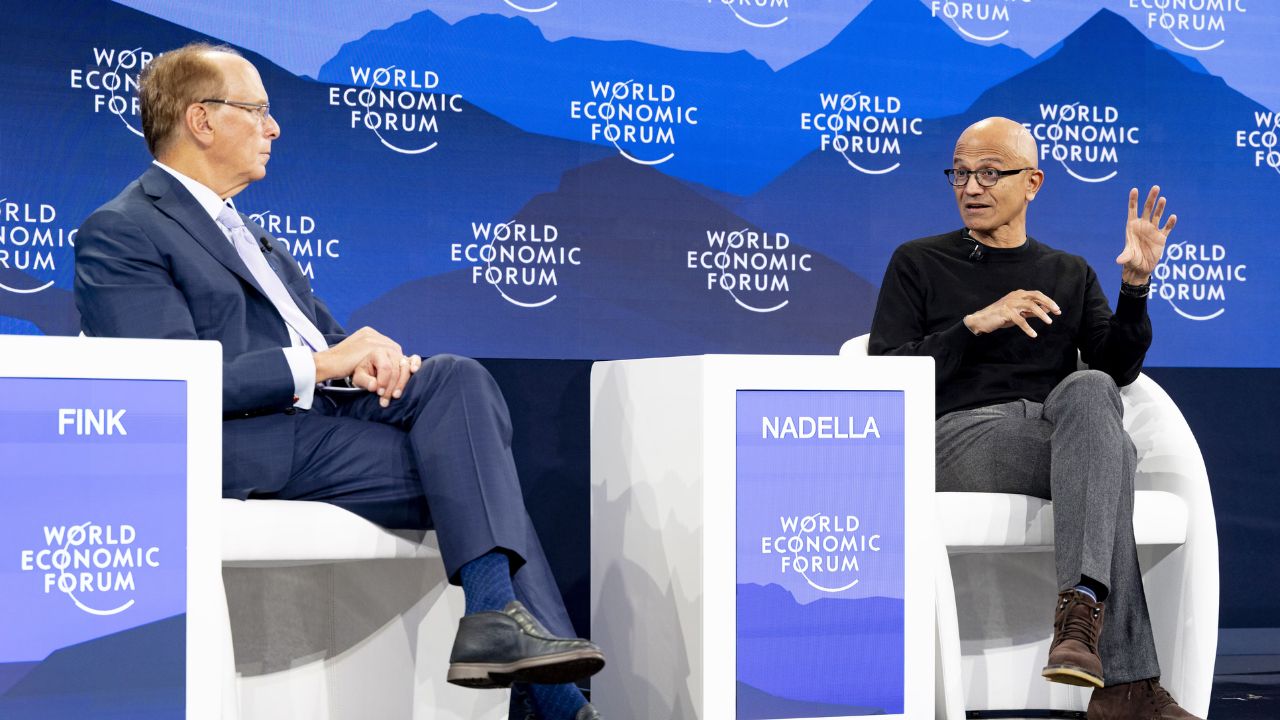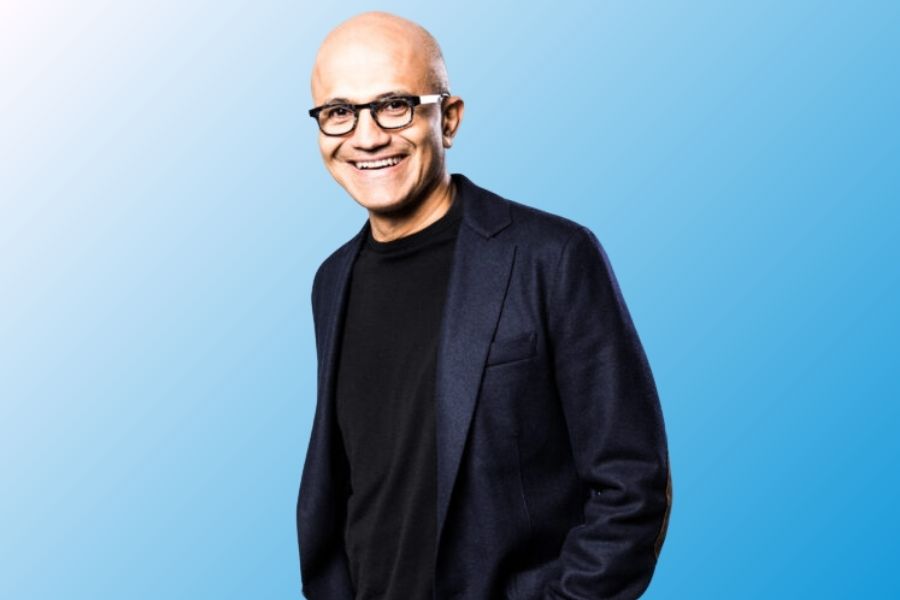The two companies have reiterated that the deal will help counter the threat from arch rival Google, which presently leads the search business. Microsoft will now have access to Yahoo!’s core search technology and will be able to integrate Yahoo’s search technologies into its existing web search platforms.
In India, the search business is dominated by Google and industry experts are taking the wait and watch approach in terms of what the development implies for the search market in India.
Ashok Lalla, president- digital, Euro RSCG says Google is the clear number one in the country, at the moment. “Time will tell who stands to gain. There probably is more to the deal than just the search partnership, and over time these dimensions will play out to determine who the 'winner' is. Google is clearly dominant in India.”
Ranjeet Nambiar, director, Urja Communications feels there are no immediate repurcussions of the deal in India. “The critical determinant will be to see if there are seriously larger number of searches taking place on the Bing / Yahoo platform. If anything, there could be a loss of focus for Yahoo! and MSN in India while they get around to developing their go to market here in India. I do think there is a real possibility of search behavior changing from Google to Yahoo.”
Alok Kejriwal, CEO and co-founder, Games2win does not see the search market evolving drastically due to the latest move. “Honestly, I hardly see any impact in India, where search generically means Google. Consumers in India discovered search through Google and they are very unlikely to go upto Yahoo! or Bing now. In the US, the Yahoo home page is still a much favorited page amongst Americans - hence the new power that Bing will provide will enhance the proposition for them.”
“Local horizontal search engines do not pose a big challenge, but search is surely exploding into specialized search. Look at Ask laila, Just dial or people searches on Facebook and Linkedin. And those are engines to watch out for – whether they allow themselves to be bought up by the biggies or hold their own,” he adds.
Kejriwal, however, does not feel local search engines can match up to the Google offering in India, “Rediff, Guruji etc are all becoming redundant and non-important.What is important to understand is that when we all search, we want inclusive results - not exclusive (meaning only India etc) - hence Google takes away everyone’s breakfast, lunch, dinner and wada pav.”




